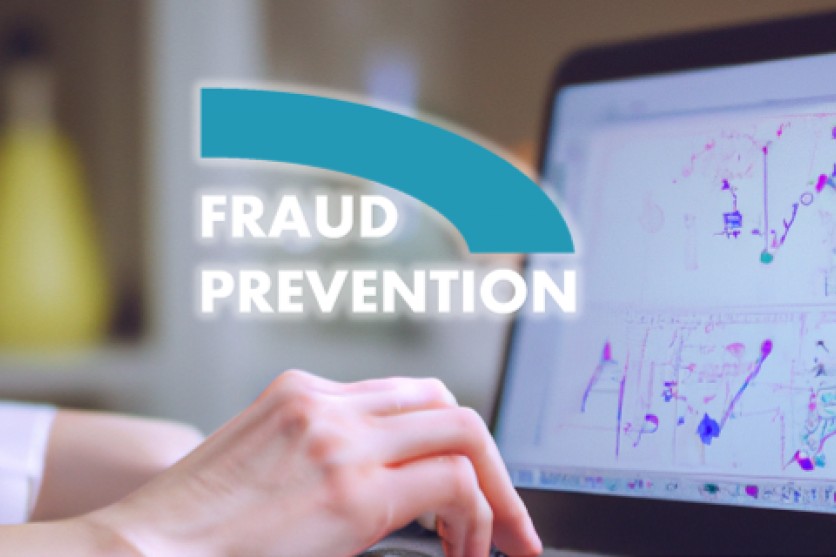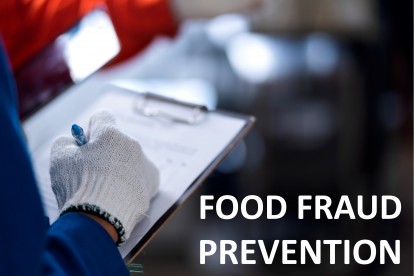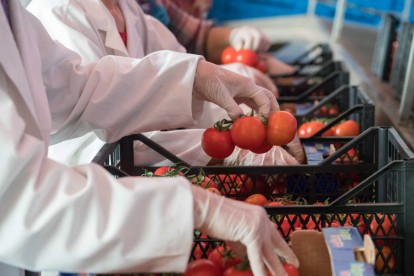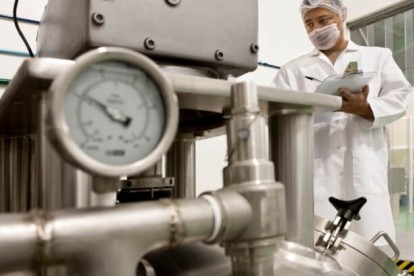Food authentication solutions as a tool in the food fraud risk mitigation plan
A comparative presentation of the records per quarter helps to identify trends from actual detection of fraud incidents in our laboratories. 2023 started with moderate rates of detected fraudulent cases, however the second half of the year was more than worrying.
The rates (13,5% and 14,6% during Q3 and Q4 respectively) exceed any previous figure in our records. The respective figures per product group elucidate areas of higher risk.
Non-alcoholic beverages retained constantly high number of detected non-conformities. Grains/crops suffered mainly by origin mislabeling. The alarming fraud rates in meat and seafood (Q4), spices and flavors (Q3) and nuts/dried fruits (Q1) reflect trends that are very likely more stable than just spikes and highlight the high vulnerability of these sectors currently.
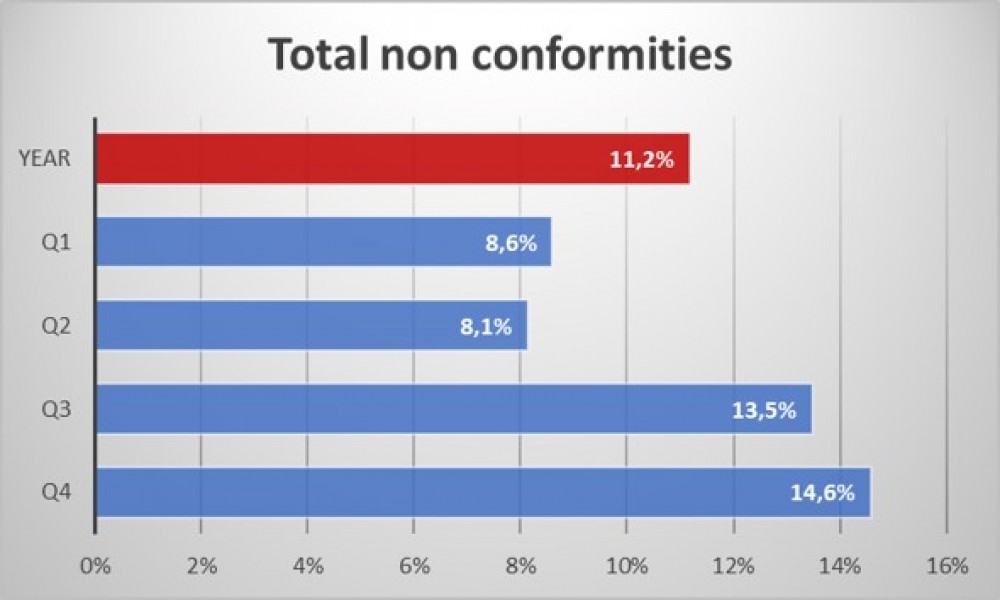
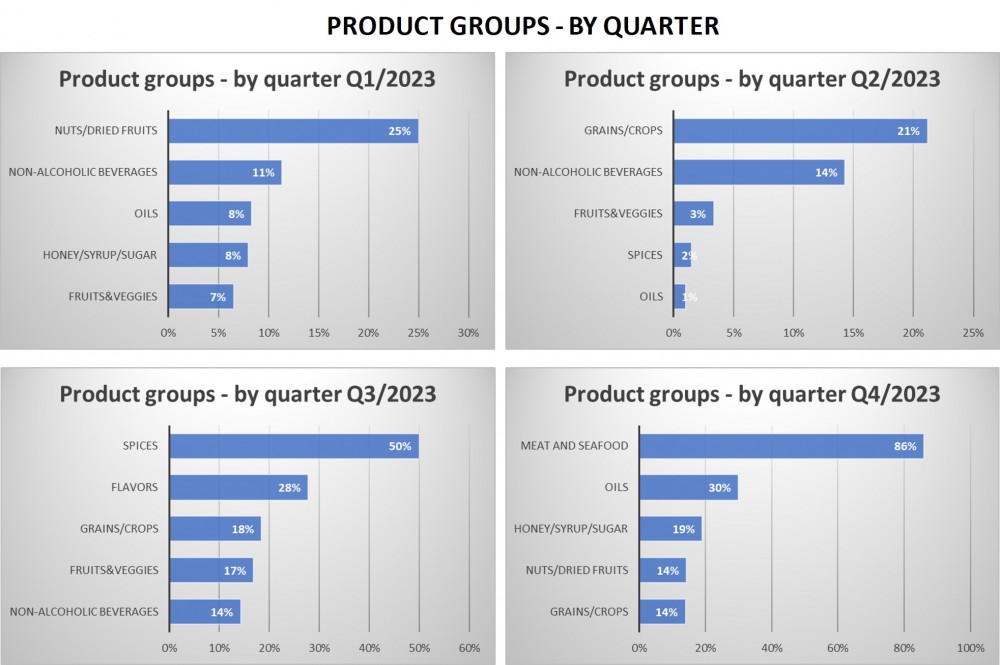
2023 Totals per Fraud type
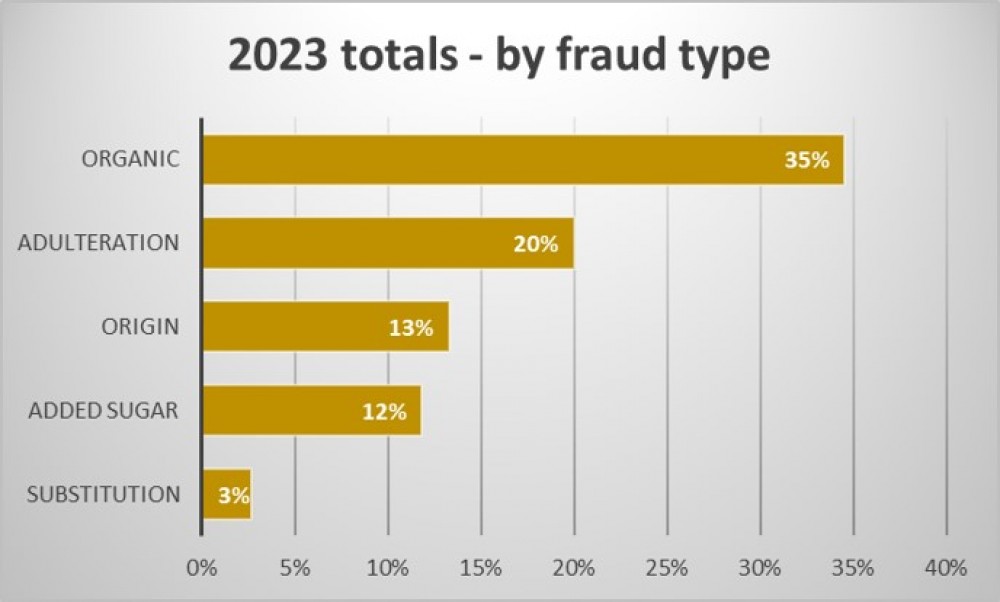
Until the closure of 2023, the total annual frequencies of non-conformities indicated that organic (mainly farmed fish such as salmon and rainbow trout) was the most common fraud type, followed by adulteration (water dilution, ethanol addition, mixed species, enrichment with synthetic substances etc), geographical origin mislabeling and non-declared added sugar.
2023 Totals - per product group
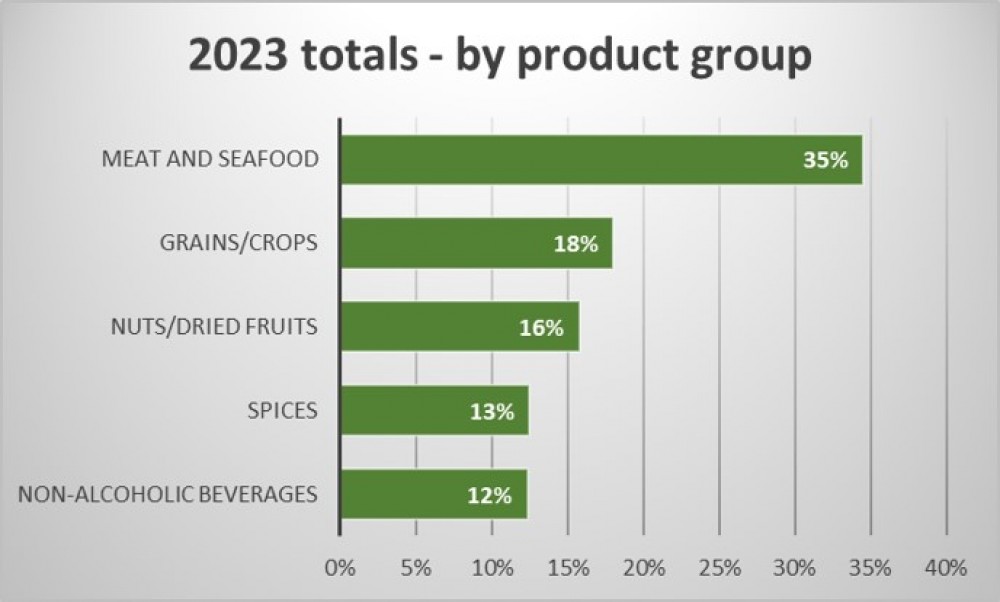
Meat and seafood was the most victimized sector for 2023, mainly due to the devastating rate of non-conformities in Q4 (focus: farmed fish). Grains/crops, nuts/dried fruits and spices were also affected by periods of high rates of non-conformities. These groups could possibly represent the current risks in global supply chains, mostly incurred by global market conditions (warfare, inflation, energy etc). Non-alcoholic beverages were steadily ranked high during 2023 as victims by fraudulent practices.
Data Source: Imprint Analytics GmbH
Note: the records and figures from laboratory findings are a direct reflection of trends and real-time conditions. Nevertheless, they can be biased by different factors, such as types of submitted samples or relative risk in certain samples regarding adulteration probability.
Food Fraud Records 2024
Food authentication solutions as a tool in the food fraud risk mitigation plan
Success Story - Bohemia Sekt
BOHEMIA SEKT s.r.o. and Imprint Analytics GmbH collaborate to ensure authenticity and quality in sparkling wine production
Success Story - Lidl Austria
Lidl Austria and Imprint Analytics GmbH cooperate to secure regional production and ensure integrity in national supply chains
Navigating the Landscape of Food Authenticity in Agriculture
Check out our brand new expert article concerning Food Authenticity
Food Safety Briefing with David Psomiadis still available on demand
Amidst a rising tide of food fraud, the quest for authenticity and transparency becomes more vital than ever. While the food companies struggle to navigate between new regulations on sustainability, ESG and responsible sourcing, consumers raise their demands and expectations. Let's unveil the secrets hidden in our plates and cultivate a culture of authentic food.
Imprint Team walking ...
Our amazing walking champs participated in the 10th Burgenland Women's Run (10. Burgenländischer Frauenlauf) in Lutzmannsburg last Sunday!

